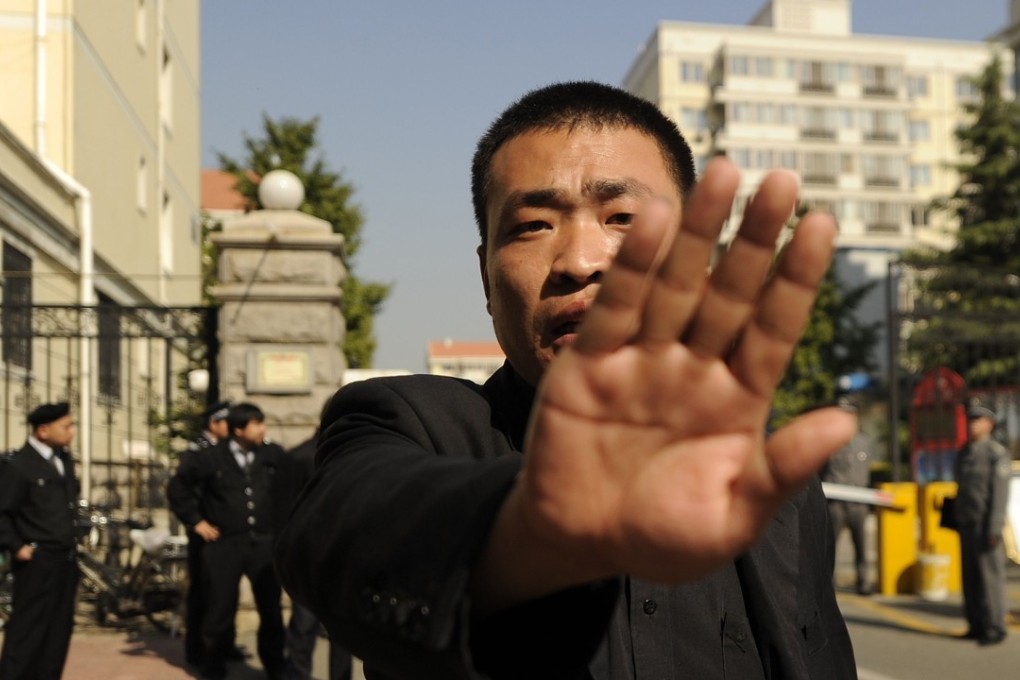Human rights in China under Xi Jinping ‘worst since Tiananmen crackdown’: Amnesty
President’s strengthening of a highly authoritarian, one-party system has led to increased censorship and suppression of dissent, say rights activists

After five years in prison and three more confined by guards at home, Chinese human rights lawyer Gao Zhisheng could take no more.
With the help of friends and a willing driver, Gao escaped his state security captors on August 13 and found shelter in the home of a stranger who made him pork dumplings – the first real meal he had eaten in years.
Gao’s freedom was short-lived, however. Less than three weeks later, the police tracked him to the city of Jiexiu in Shanxi province and searched house-to-house until they found him, Li Fawang, a supporter who helped him escape, said. Gao’s whereabouts are now unknown.
Gao’s plight shows what activists say is a drastically deteriorating situation for rights campaigners under the rule of President Xi Jinping, who emerged from a party congress last month as the most powerful Chinese leader in a generation.

With China’s economy continuing to boom and its global influence on the rise, Xi is more than ever convinced that China requires a highly authoritarian, one-party system, analysts say. At the same time, a growing alienation from politics among young Chinese is pushing the party to reinsert itself into its citizens’ daily lives.
“The outlook for human rights is grim and we see no sign of improvement,” said Maya Wang, Human Rights Watch’s Hong Kong-based researcher, who described the current repression as the worst since 1989’s bloody crackdown on pro-democracy protests centred on Beijing’s Tiananmen Square. “We feel we haven’t hit bottom yet.”
